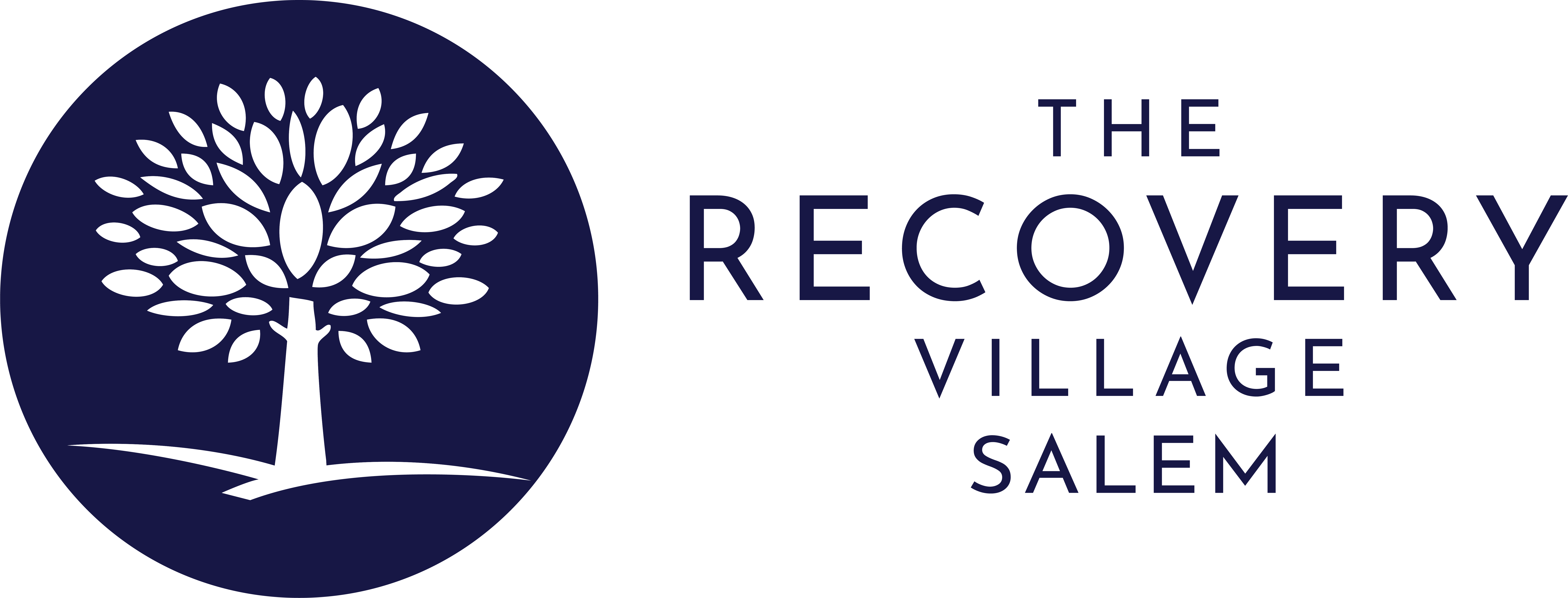Navigating the complexities of a loved one’s addiction is a challenging journey, especially for mothers who often find themselves caught between love, concern, and the desire to help. Enabling Mother Syndrome is a phenomenon that can unintentionally contribute to the perpetuation of adult substance abuse. Understanding this syndrome is crucial for fostering healthier relationships and promoting effective recovery. This article explores what Enabling Mother Syndrome entails, identifies its signs, and provides guidance on setting healthy boundaries and supporting your adult child through addiction.
What Is Enabling Mother Syndrome?
Enabling Mother Syndrome refers to a pattern of behavior exhibited by mothers that, while often well-intentioned, inadvertently supports or prolongs their adult child’s substance abuse. This syndrome is characterized by actions that remove the natural consequences of the child’s addictive behaviors, thereby preventing them from facing the realities of their situation and taking steps toward recovery.
At its core, Enabling Mother Syndrome stems from a place of deep love and concern. Mothers may believe that by helping their children avoid immediate discomfort or distress, they are acting in their best interest. However, this protective instinct can lead to a cycle where the adult child becomes increasingly dependent on the mother’s support, hindering their ability to develop autonomy and confront their addiction.
Enabling behaviors can manifest in various forms, such as providing financial assistance that funds substance use, excusing the child’s irresponsible actions, or consistently bailing them out of difficult situations. Over time, these actions can erode the boundaries necessary for healthy relationships and impede the child’s motivation to seek help.
Ready to Break Free From Addiction?
If you’re seeking help for yourself or a loved one, our expert team is here to guide you every step of the way. Don’t wait—start your journey to recovery today.
Signs of Enabling Mother Syndrome
Recognizing the signs of Enabling Mother Syndrome is the first step toward breaking the cycle and fostering an environment conducive to recovery. Here are some common indicators:
1. Financial Support That Fuels Addiction
Providing money or resources that directly contribute to the child’s substance use is a significant form of enabling. Whether it’s paying for substances, covering legal fees without addressing the underlying issues, or financially rescuing the child from the consequences of their actions, such support can perpetuate the addiction.
2. Excusing or Minimizing Problematic Behavior
Mothers may rationalize or downplay their child’s substance use, attributing it to stress, peer pressure, or other external factors. By not addressing the severity of the addiction, the child receives little incentive to change.
3. Rescuing from Natural Consequences
Intervening to prevent the natural repercussions of the child’s actions—such as covering for missed work, repairing damaged relationships, or handling legal issues—can prevent the individual from experiencing the full impact of their behavior, which is often a catalyst for seeking help.
4. Over-Involvement in the Child’s Life
Constantly monitoring or controlling aspects of the adult child’s life, such as their relationships, employment, or living situation, can create a dependency that stifles personal growth and accountability.
5. Avoiding Confrontation
A reluctance to confront the child about their addiction, either out of fear of conflict or out of a desire to maintain peace, can allow the problem to persist unchecked.
6. Emotional Enmeshment
Blurring the boundaries between the mother and child’s emotional states can lead to codependency, where the mother’s sense of self-worth becomes tied to the child’s well-being, making it difficult to address the addiction objectively.
How to Set Healthy Boundaries With Your Child
Establishing healthy boundaries is essential for both the mother and the adult child to foster an environment that supports recovery. Here are steps to create and maintain these boundaries:
1. Self-Reflection
Begin by assessing your own behaviors and motivations. Understanding why you may be enabling your child is crucial for making conscious changes.
2. Clear Communication
Express your concerns and the changes you intend to make in a calm and respectful manner. Use “I” statements to convey your feelings without placing blame, such as, “I feel worried when I see you struggling with substance use.”
3. Define Boundaries
Clearly outline what behaviors you will no longer support. This could include not providing financial assistance, refusing to cover up for missed responsibilities, or not enabling access to substances.
4. Consistency is Key
Maintain your boundaries consistently, even when it’s challenging. Inconsistency can send mixed messages and undermine your efforts to support your child’s recovery.
5. Seek Support
Engage with support groups or seek professional guidance to navigate the emotional complexities of setting boundaries. Organizations like Al-Anon offer resources specifically for families dealing with addiction.
6. Prioritize Self-Care
Taking care of your own emotional and physical well-being is vital. Setting boundaries can be stressful, and ensuring you have the support you need helps you remain strong and effective in your role.
Getting Help for Your Adult Child Who Struggles With Addiction
Helping an adult child overcome addiction involves a multifaceted approach that addresses both their substance use and the underlying issues contributing to it. Here are steps to facilitate this process:
1. Encourage Professional Treatment
Encourage your child to seek help from addiction specialists, therapists, or rehabilitation centers. Professional treatment can provide the structured support needed for recovery.
2. Intervention Strategies
Organize a structured intervention with the assistance of a professional interventionist. This approach can help communicate the seriousness of the situation and motivate the individual to seek help.
3. Explore Therapy Options
Different types of therapy, such as cognitive-behavioral therapy (CBT), can help address the root causes of addiction and develop coping strategies for maintaining sobriety.
4. Support Groups
Encourage participation in support groups like Alcoholics Anonymous (AA) or Narcotics Anonymous (NA), where individuals can find community and accountability.
5. Educational Resources
Provide information about addiction and recovery to help your child understand their condition and the pathways to overcoming it.
6. Collaborate with Healthcare Providers
Work with doctors, psychiatrists, and other healthcare professionals to ensure a comprehensive treatment plan that addresses both addiction and any co-occurring mental health disorders.
What Are Some Healthy Ways to Help Your Adult Child With Addiction?
Supporting an adult child through addiction requires a balance of compassion, firmness, and strategic action. Here are healthy ways to provide assistance:
1. Offer Unconditional Support
Let your child know that you love and support them unconditionally. This assurance can be a powerful motivator for seeking and maintaining treatment.
2. Promote Accountability
Encourage your child to take responsibility for their actions and decisions. This can involve setting expectations for behavior changes and celebrating milestones in their recovery journey.
3. Provide Resources Without Enabling
Offer access to resources such as information on treatment centers, therapy options, and support groups without directly funding their addiction or bypassing necessary consequences.
4. Foster Open Communication
Maintain open and honest lines of communication. Listen actively without judgment, which can help your child feel understood and more willing to engage in their recovery.
5. Encourage Healthy Activities
Promote involvement in activities that support a sober lifestyle, such as exercise, hobbies, volunteering, or joining support groups. These activities can provide positive reinforcement and reduce the temptation to use substances.
6. Model Healthy Behavior
Demonstrate healthy coping mechanisms and self-care practices. By modeling positive behaviors, you set an example for your child to emulate in their own life.
7. Set Realistic Expectations
Understand that recovery is a long and often nonlinear process. Be patient and recognize that setbacks may occur, but continue to encourage progress and persistence.
8. Seek Family Therapy
Engage in family therapy to address the dynamics that may contribute to enabling behaviors and strengthen the family unit’s ability to support recovery effectively.
9. Educate Yourself
Learn about addiction, its effects, and the various treatment options available. Being informed enables you to better support your child and advocate for their needs.
10. Take Care of Yourself
Ensure that you are also attending to your own mental and emotional health. Supporting someone with addiction can be draining, and maintaining your well-being is essential for providing effective support.
Conclusion
Enabling Mother Syndrome is a complex and often unintentional behavior pattern that can significantly impact an adult child’s struggle with addiction. By recognizing the signs of enabling, setting healthy boundaries, and adopting constructive support strategies, mothers can play a pivotal role in their child’s journey toward recovery. It’s essential to approach this process with compassion, consistency, and a commitment to fostering an environment that encourages personal responsibility and healing.
At The Recovery Village Salem, we understand the challenges families face when dealing with addiction. Our comprehensive treatment programs are designed to support not only those struggling with substance abuse but also their loved ones. If you or someone you know is affected by addiction, reach out to us for guidance and support on the path to recovery.



